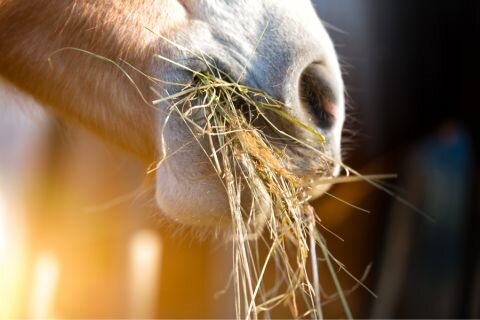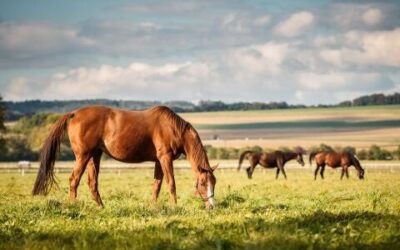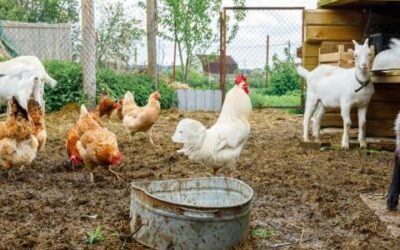
When it comes to high-quality hay, many equestrians think that they are able to identify it simply by looking at it, touching it, and smelling it. While your senses can give you some insight into the quality of the hay, the assessment goes far beyond the color, smell, and appearance of the hay. If you truly want to know about the hay that you are feeding your horses and ponies, it is essential that you have your hay tested. Testing hay quality is an excellent way to not only get a picture of its nutritional value but can also provide you with deeper insights into how it impacts your animals’ health and well-being.
Understanding Nutritional Value
Hay testing looks at the nutritional value of the hay, which can help you ensure that your horses are receiving their nutritional requirements. Horses, like any other living beings, have specific dietary needs. These needs can vary greatly based on factors such as their age, breed, and activity level. Accurate hay testing provides you with valuable information about the hay’s protein content, energy levels, fiber content, and mineral composition. Armed with this information, you can make informed decisions about your horse’s diet, ensuring they get the nutrients they need to thrive.
The Deceptive Nature of Hay
Hay can be deceptive. It can look the same, smell the same, and even weigh the same, all while having very different nutritional values. Two hay bales might appear identical, but one could be significantly lacking in essential nutrients, potentially jeopardizing your horse’s health. Without testing, it’s impossible to gauge the nutritional content of hay accurately. Even experienced equestrians can be fooled by hay that seems high quality but lacks the vital nutrients necessary for their horse’s well-being.
Benefits Beyond Nutrition
Accurate hay testing makes it easier to calculate your horse’s grain rations and supplement needs. Overfeeding or underfeeding certain nutrients can have adverse effects on your horse’s health. By knowing the exact nutritional content of your forage feed, you can tailor your horse’s diet to their specific needs, ensuring they are neither undernourished nor overloaded with nutrients they don’t require.
Tips for Testing Hay Quality
First, try to sample your hay as close to feeding time as possible to ensure you get an accurate reading. You’ll need multiple pieces of around a half-foot in length so tests can be run more than once. Finally, using a hay probe will make the process much easier and give you better samples for testing.
In the world of equine nutrition, hay testing is the hallmark of high-quality hay. It provides equestrians with the necessary information to make educated decisions about their horse’s diet. By understanding the nutritional content of the hay, you can safeguard your horse’s health and well-being. So, the next time you purchase hay for your beloved companions, consider investing in hay testing.




